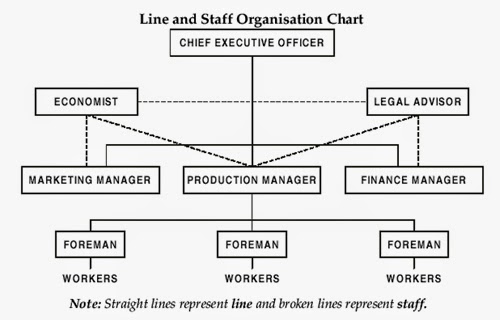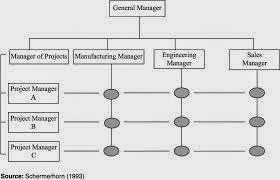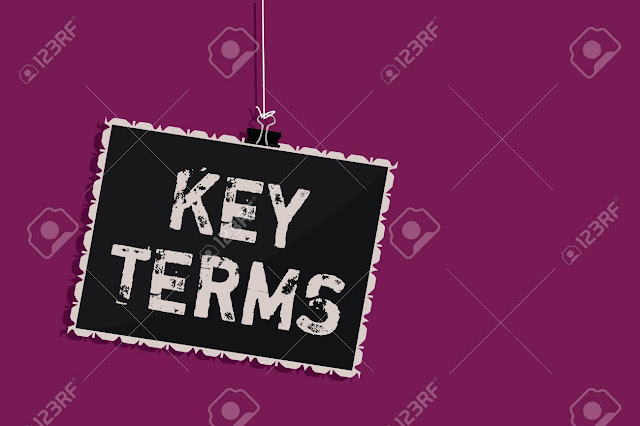DIFFERENCE BETWEEN LINE AND STAFF ORGANIZATION
In line and staff organization, the line authority remains the same as it does in the line organization. Authority flows from top to bottom. The main difference is that specialists are attached to line managers to advise them on important matters. These specialists stand ready with their specialty to serve line mangers as and when their services are called for, to collect information and to give help which will enable the line officials to carry out their activities better. The staff officers do not have any power of command in the organisation as they are employed to provide expert advice to the line officers. The combination of line organisation with this expert staff constitutes the type of organisation known as line and staff organisation. The 'line' maintains discipline and stability; the 'staff' provides expert information. The line gets out the production, the staffs carries on the research, planning, scheduling, establishing of standards and recording of performance. The authority by which the staff performs these functions is delegated by the line and the performance must be acceptable to the line before action is taken. The following figure depicts the line and staff organisation:
Figure 4.5: Line and staff Organization
Features of line and staff organisation
1. Under this system, there are line officers who have authority and command over the subordinates and are accountable for the tasks entrusted to them. The staff officers are specialists who offer expert advice to the line officers to perform their tasks efficiently.
2. Under this system, the staff officers prepare the plans and give advice to the line officers and the line officers execute the plan with the help of workers.
3. The line and staff organization is based on the principle of specialization
Basis
|
Line organization
|
Staff organization
|
1.Provision of specialist
|
There is no provision of functional specialist to provide guidance and suggestion to line authorities.
|
There is provision of functional specialists.
|
2. Authorities
|
There is centralized authority at the top level management; It has full authority of control over all the mechanism of the organization.
|
There is also a centralized authority at the top level management .Besides specialists involve in suggestions guidance and planning.
|
3. Unity of command
|
Every subordinate has only one superior to command him.
|
Line authorities are not compelled to implement experts advice.
|
4.Types of personnel
|
There is only one type of personnel i.e. line authority in line organization
|
There are two types of personnel i.e. line and staff authorities are involved in line and staff organization.
|
5. Decision making
|
Made by top level management
|
Made by staff specialist.
|
6. Suitability
|
It is suitable for small and medium enterprises.
|
It is suitable for large-scale enterprises having complete personnel structure.
|
7. Burden of work
|
Involved in executive and operation
|
Involved in executives works
|
8.Discipline
|
There is a strict in discipline.
|
There is liberalness in discipline
|
Hence line entitles managers to direct the work of subordinates. Decisions can be made without consulting anyone. It flows from top to bottom in the organization hierarchy. It is delegated. Departmental managers posses line authority.



Comments